The Amazon sample can be read without a download here on Kindleboards: http://www.kindleboards.com/sample/?asin=B005HQ4JAO
WHAT MALE READERS WANT by John Blackport
Since men read as much as women do, but read a lot less fiction, some writers worry about whether they can entice male readers. From there, the question becomes: how can it be done?
Surprisingly, the answer isn’t directly related to sex. . . at least not in the way many people expect. In my experience, male readers like explicit sex in novels far LESS than theire female counterparts. I’ve heard a few theories about this from women, mostly not very flattering to men: something about us being so obsessed with visual stimulation, particularly porn, that we’re uncomfortable with anything sexual that requires imagination, or is less than 100% visual.
Some of the most vocal male supporters of "fade to black" pointed out examples where it was "done right". They showed me excerpts from some "boy books" where the hero bangs lots of women, who are rarely seen naked and never seen having sex --- they mostly lounge around in bathrobes and towels with their hair messed up. They hang all over the hero’s shoulders and compliment his technique.
This leads to another theory about why women seem to enjoy explicit sex scenes more: men don’t want to have sex vicariously through a hero. The vicarious experience they do want is the experience of being sexually irresistible. They want to read about the heroine internally drooling when she steals a glance at the hero’s physique.
Of course, you could say that the terms of “male reader” and “female reader” are also oversimplifications --- a person’s reading preferences probably has more to do with their sexual attitudes than their sexual equipment --- but we all have to start somewhere, so here is my own theory:
Men prefer external obstacles to internal ones.
The male perception of why “women’s entertainment is so dull” --- admittedly, not always a fair one --- springs from the worry that the struggle will always come down to a heroine trying to come to a decision, or work up the courage to do something. Men don’t mind this stuff merely existing in a novel, but they tire of it easily, and if they don’t see something more tangible going on, they’ll roll their eyes and dismiss the story’s conflict as endless dithering.
The most obvious way around this is a hostile enemy (or rival) who must be defeated or thwarted, whose moves must be met with countermoves. Taken to extremes, this results in stereotypical “men’s entertainment”, full of explosions, car chases, and women who are passive and clueless.
What intrigues me most about this prospect is that it explains why I know so many men who are closet fans of paranormal romance. There are more of them than you’d think, and I think they’re drawn to the ass-kicking heroines. They’re pickier than the female fans of the genre seem to be --- but the strongest common thread between their preferences seem to be a heroine who is active, not passive. Men have a lot more tolerance for passive heroines in a story where the hero is the main character, but it’s still not their “top pick”. And in the case of a female main character, their preference for active heroines is overwhelming. In my experience, the men who won’t read stories with a female protagonist largely do so from a preconceived notion that she will be too passive to be interesting.
In the absence of an enemy, men still want the protagonist to face obstacles with physical, objective manifestations. In the case of a man who wants a woman, this could take many forms: “I can’t have her until I mend the rift between our families,” “I have to smuggle her out of this war zone,” or “I have to find the cure to this disease before it kills her.”
If a conflict is internal --- existing entirely in characters’ minds and hearts --- men still want to see it as the accomplishment of a goal. So when the hero disappoints the heroine, most male readers don’t want to see the heroine agonize about whether or not to forgive him. They’ll dismiss such a heroine as an airhead. In such a case, they want to see the heroine be mad, so that all is lost unless the hero actively changes it. They want to see the hero struggle to earn her forgiveness by making it up to her --- and not with sweet talk and empty promises, either! With deeds. Even if the roles are reversed, and the heroine is the one who has disappointed the hero, they want to see the road to reconciliation to be an active attempt at redemption, not passive waiting.
Men don’t respect a hero who waits to see how things shake out --- and heroines who do so don’t fare much better. If the hero is forced into passivity, he should show he’s forced into it: ideally, by trying an active plan which fails, and he must be visibly enraged at its failure.
Of course, the best novels contain conflicts that have both internal and external components. How these perceptions are best acted upon is a question of narrative manner --- how you emphasize what’s going on. Some authors like to have the hero and the heroine sharing the spotlight --- this used to mean mixing internal and external conflicts throughout the book. Now, it means mixing internal and external conflicts through both the hero and the heroine, as individuals. It’s tricky but it’s worth it.
Thanks for swinging in!
Until next time,
Ciao.
JET





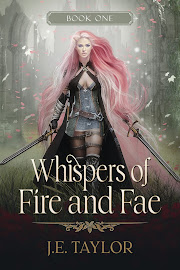

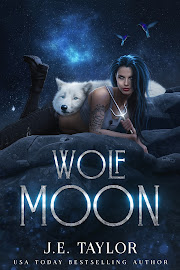
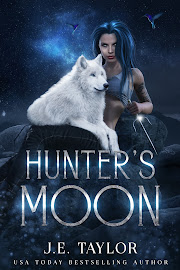





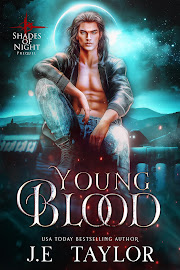
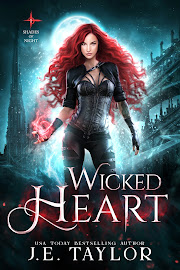
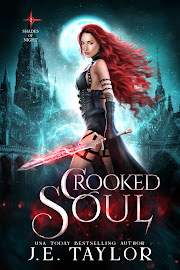
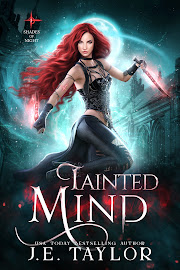
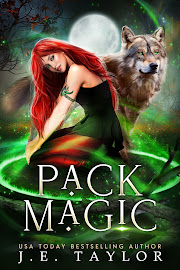


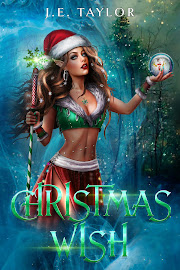
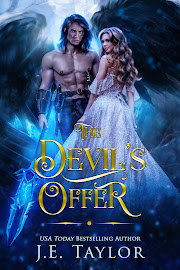

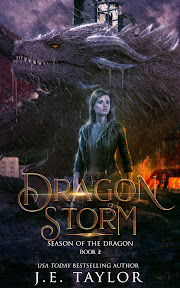





















































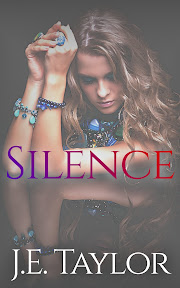

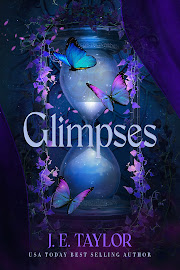
5 comments:
I think you're probably right, with all the usual caveats about individual exceptions, tastes, etc.
As a female reader, I also get impatient if there is no external conflict... but I also get impatient if there is no INTERNAL conflict.
I also like to see interpersonal conflict. This is subtly different than internal conflict. For instance, I don't consider it very romantic if the hero and heroine are kept apart ONLY by external things. There should also be interpersonal issues they need to work through. I supsect most male readers are a lot less interested in that kind of thing.
Tara Maya
The Unfinished Song: Initiate (Free right now!)
Interesting stuff, John. Certainly worth thinking about. So perhaps the average female reader likes novels based on strong internal conflict enriched by external conflict, while the average male reader likes novels based on strong external conflict enriched by internal conflict.
You may be right.
I've certainly heard/read many men complain that they found a novel boring because the main character spent much time 'internalising'(thinking, remembering, weighing up otions, psyching themselves up considering consequences). Female readers seem to have a greater tolerance for this (though not endless tolerance either).
I've also heard/read many women complain that a novel lacks depth, by which they mean it's just a string of action without inner conflict. Men seem to have a greater tolerance for pure action.
I expect that to appeal to typical male readers and typical female readers, a novel needs a careful balance of inner and outer conflict, the two carefully woven together.
I'm curious: which authors would you say gets it 'right' (either right for male readers, or right for both genders)? Can you give examples?
Rayne
Tara, the difference you seem to be citing between purely "internal" conflict and "interpersonal" conflict is a critically important one, though it can be very subtle.
I guess, to simplify a LOT, I'd say that an "interpersonal" conflict is one that two characters (say, the hero and the heroine) have to both "work through" together. I'd define purely "internal" conflict as something that requires one individual to work it out on their own, with the roles of other people limited to a purely advisory capacity.
This is all perfectly normal stuff that we all go through. But most men like to see themselves as decisive, which can color the choices they make about their entertainment.
I suppose most men's enjoyment of "interpersonal" conflict would fall somewhere above "internal" and below "external".
If I were writing interpersonal conflict for a target audience containing lots of men, I'd probably try to keep the interpersonal element "fresh" by having external events affect --- not dominate--- whatever interactions the hero and the heroine are having.
Leaving aside the out of the box gender person--
Men like the go fire results in real life and in fiction.
Great post that is true.
Rayne, I thought long and hard looking for a writer who "gets it right" all the time ... frankly, I couldn't think of one!
I think it comes down to the limited utility of breaking people down by gender --- the categories of "male readers" and "female readers" are just so broad.
But in the end, a writer doesn't have to catch all, or most, "male" or "female" readers. It's a worthy enough goal to try and add more males, or more females, as a means of incrementally expanding one's target audience.
O'Brian and Forester are not my favorite authors overall, but they never disappoint me. I think that's because they both knew their target audience were "male readers" of a particular time and place. They had a message that men of their time responded to: that good leadership is a special kind of heroism; that military leadership requires a partial sacrifice of precious camaraderie; and that leadership is, essentially, a lonely business. To such leaders, gestures and moments of genuine goodwill and friendship are few and far between, and must be appreciated to the fullest when they do occur.
That message isn't as well received today as it was in the past. But those authors were writing for male readers of their time, and they delivered.
But those gentlemen wrote in a simpler time --- a time when I doubt women and men read the same books very often. I think authors of that time did well to target either men or women only, and play up their chosen strategy to the hilt. Today, it's more complicated because everyone has more choices.
Post a Comment